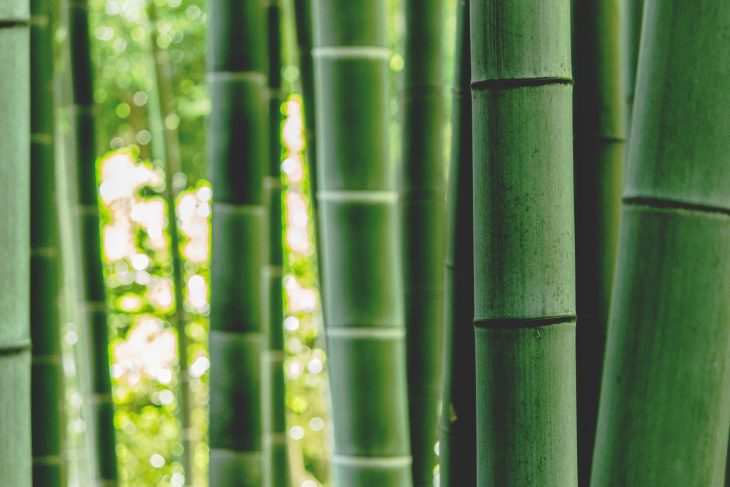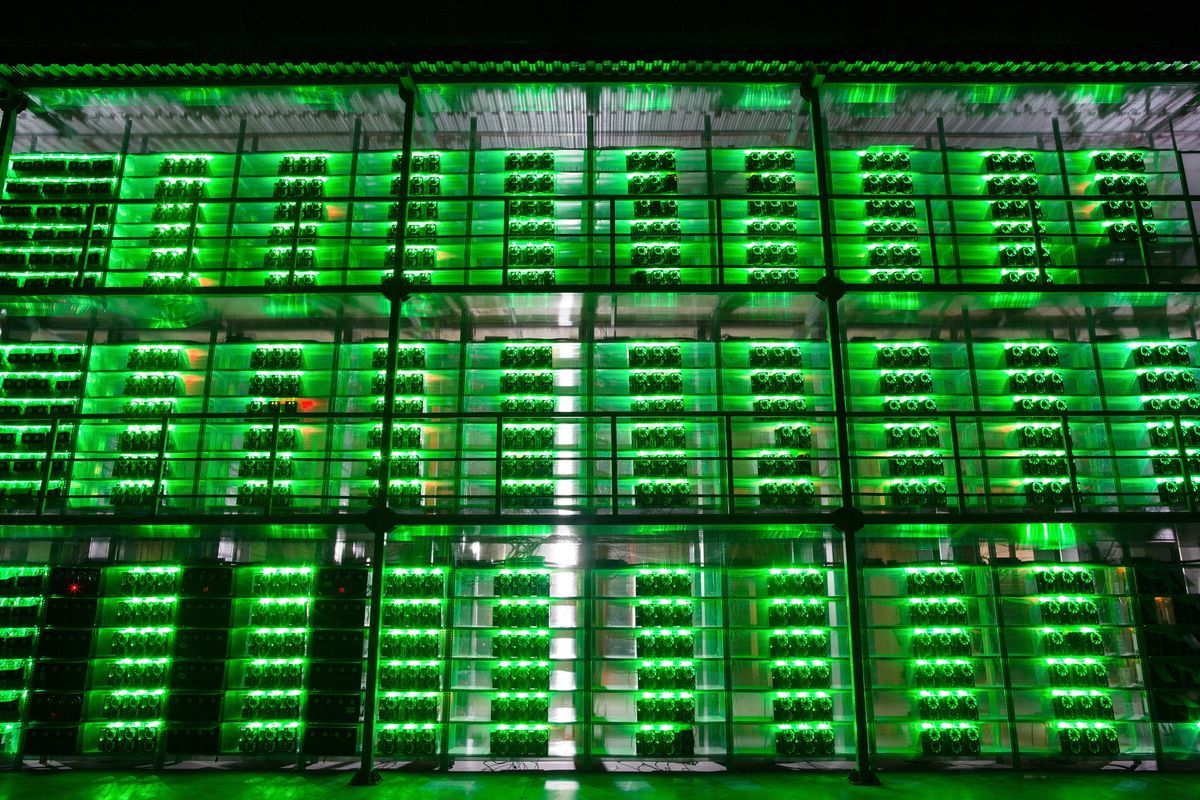
Bamboo is an extraordinary plant that has been revered for centuries for its versatility, sustainability, and beauty. From its impressive growth rate to its diverse uses, bamboo continues to amaze and inspire. In this article, we will explore 10 fascinating facts about bamboo that will deepen your understanding and appreciation for this remarkable plant.
Bamboo is Not a Tree, but a Grass
Contrary to popular belief, bamboo is not a tree, but a type of grass. It belongs to the family Poaceae and is one of the fastest-growing plants on Earth. Its rapid growth makes it a highly renewable and sustainable resource.
Bamboo has a Remarkable Growth Rate
One of the most astonishing facts about bamboo is its incredible growth rate. Some species of bamboo can grow up to 91 centimeters (36 inches) in just 24 hours. This means you can practically watch it grow before your eyes!
Bamboo is Stronger than Steel
Despite its slender appearance, bamboo is incredibly strong. It has a higher tensile strength than many types of steel, making it a popular choice for construction and engineering purposes. Its strength-to-weight ratio is exceptional, making it an ideal material for various applications.
Bamboo is an Eco-Friendly Alternative
Bamboo is renowned for its sustainability and eco-friendliness. Unlike traditional timber, bamboo can be harvested without killing the plant. Its extensive root system remains intact, allowing it to regenerate quickly. Additionally, bamboo can absorb large amounts of carbon dioxide and release significant amounts of oxygen, making it an excellent choice for combatting climate change.
Bamboo is Highly Versatile
Bamboo’s versatility is astounding. It can be used for various purposes, ranging from construction and furniture-making to clothing and textiles. Bamboo fibers are naturally soft, breathable, and hypoallergenic, making them an excellent choice for clothing and bedding.

Bamboo is Edible
While most people are familiar with bamboo as a building material or decorative plant, it is also edible. Young bamboo shoots are a popular ingredient in Asian cuisine and are known for their crunchy texture and mild flavor. They are often used in stir-fries, soups, and salads.
Bamboo Supports Biodiversity
Bamboo forests are known for their rich biodiversity. These lush habitats provide shelter and food for various species of animals, including pandas, lemurs, and birds. The preservation of bamboo forests is crucial for maintaining healthy ecosystems and protecting endangered species.
Bamboo has Antibacterial Properties
Bamboo contains a natural antimicrobial agent called “bamboo kun,” which helps prevent the growth of bacteria and fungi. This makes bamboo an excellent choice for products such as cutting boards, kitchen utensils, and even antibacterial clothing.
Bamboo is a Symbol of Strength and Flexibility
In many cultures, bamboo is considered a symbol of strength, flexibility, and resilience. Its ability to withstand harsh conditions, bend without breaking, and grow in challenging environments has made it a symbol of adaptability and endurance.
Bamboo is Used in Traditional Medicine
Bamboo has a long history of use in traditional medicine systems, such as Ayurveda and Traditional Chinese Medicine. Different parts of the plant, including the leaves, shoots, and sap, are believed to have various healing properties. Bamboo is used to treat conditions such as fever, respiratory disorders, and digestive issues.
Conclusion
Bamboo is truly a remarkable plant with an array of fascinating qualities. Its rapid growth, strength, versatility, and sustainability make it an exceptional resource. Whether used in construction, fashion, or cuisine, bamboo continues to captivate and inspire. By embracing the beauty and benefits of bamboo, we can contribute to a more sustainable and eco-friendly future.
Frequently Asked Questions (FAQs)
Is bamboo sustainable?
Yes, bamboo is highly sustainable. It is one of the fastest-growing plants on Earth, and its extensive root system allows it to regenerate quickly. Additionally, bamboo can be harvested without killing the plant, making it a renewable resource.
Can bamboo be used as a building material?
Yes, bamboo is widely used as a building material. Its strength-to-weight ratio is impressive, and it can be used in construction for structures such as houses, bridges, and scaffolding.
Is bamboo clothing comfortable to wear?
Yes, bamboo clothing is known for its comfort. Bamboo fibers are naturally soft, breathable, and moisture-wicking, making them an excellent choice for clothing and activewear.
Are all bamboo shoots edible?
No, not all bamboo shoots are edible. Some species contain toxins that need to be properly cooked or processed before consumption. It is important to consult a culinary expert or reference guide to ensure safe consumption.
Can bamboo be grown in different climates?
Yes, bamboo is a highly adaptable plant that can grow in various climates. There are cold-hardy species that thrive in colder regions, while others flourish in tropical and subtropical climates.
Was this page helpful?
Our commitment to delivering trustworthy and engaging content is at the heart of what we do. Each fact on our site is contributed by real users like you, bringing a wealth of diverse insights and information. To ensure the highest standards of accuracy and reliability, our dedicated editors meticulously review each submission. This process guarantees that the facts we share are not only fascinating but also credible. Trust in our commitment to quality and authenticity as you explore and learn with us.


